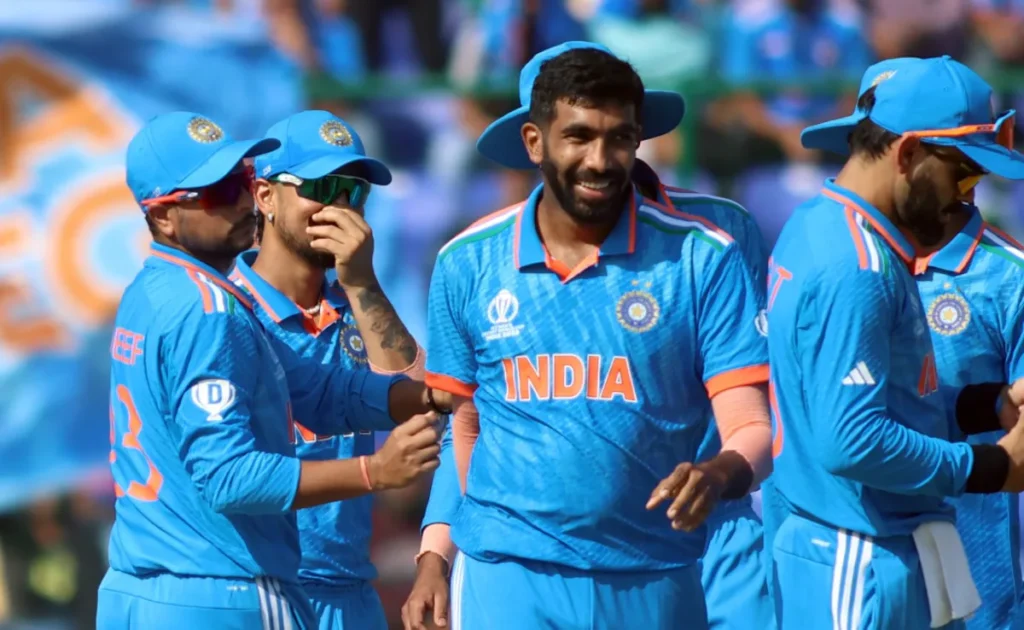
As the ICC Champions Trophy 2025 approaches its climax, India’s cricket team stands poised for a high-stakes semi-final against Australia at the Dubai International Cricket Stadium. India’s journey to this juncture has been marked by dominance and strategic prowess, setting the stage for a thrilling encounter.
Group Stage Dominance
India commenced their campaign with a commanding performance against Pakistan. Exploiting the familiar conditions of Dubai, the Indian bowlers, led by Jasprit Bumrah, dismantled the Pakistani batting lineup, securing a comprehensive victory. This win not only boosted the team’s morale but also underscored their adaptability to the pitch conditions.
The second fixture saw India facing Sri Lanka. The batting lineup, featuring stalwarts like Rohit Sharma and Virat Kohli, showcased resilience and flair, posting an imposing total. The bowlers complemented this effort, ensuring a comfortable win and reinforcing India’s status as tournament favorites.
In their final group match against New Zealand, India faced a sterner test. However, a stellar five-wicket haul from spinner Varun Chakaravarthy tilted the balance in India’s favor, securing a 44-run victory and cementing their top position in Group A.
Strategic Venue Advantage
Throughout the tournament, India has benefited from playing all their matches in Dubai, a consequence of geopolitical considerations that prevented travel to Pakistan. This consistent venue has allowed the team to acclimate thoroughly to the conditions, a factor captain Rohit Sharma acknowledges but downplays as an unfair advantage. He emphasizes that each pitch presents unique challenges, and the team’s focus remains on adapting and performing.
The Semi-Final Showdown: India vs. Australia
The upcoming semi-final against Australia is more than just a battle for a spot in the final; it’s a chance for India to avenge past defeats, notably the 2023 World Test Championship and the 50-overs World Cup losses to the Aussies. Australia, despite missing key bowlers like Pat Cummins, Josh Hazlewood, and Mitchell Starc due to injuries, remains a formidable opponent. Stand-in captain Steve Smith brings experience and tactical acumen, aiming to leverage Australia’s resilience in ICC events.
Key Factors and Player Dynamics
India’s spin attack, featuring the likes of Chakaravarthy, is expected to play a pivotal role, especially given the spin-friendly nature of the Dubai pitch. Former coach Ravi Shastri has highlighted the importance of spin in this matchup, suggesting that India’s strategy will heavily rely on their spinners to counter Australia’s batting strength.
On the batting front, India’s top order, including Sharma and Kohli, will aim to provide a solid foundation. Australia, on the other hand, will look to players like Travis Head and Josh Inglis to step up in the absence of their frontline bowlers. The adaptability of both teams to the match conditions and their execution of game plans will be crucial determinants of the outcome.
Historical Context and Psychological Edge
Historically, Australia has had the upper hand in ICC knockout matches against India, a narrative the Indian team is keen to change. The familiarity with the Dubai conditions, coupled with their unbeaten run, provides India with a psychological edge. However, Australia’s reputation for resilience and their ability to perform under pressure ensure that the contest will be fiercely competitive.

